- +033 2572 7171
- info@dhanvantary.com

4.5 Rating | 4500 Review

4.5 Rating | 4500 Review
Tonsillitis is the inflammation of the tonsils, which are two oval-shaped lymphoid tissues located at the back of the throat. The tonsils play a key role in the immune system by trapping germs entering through the mouth or nose. However, when they become infected, they swell, causing pain and other symptoms. It can occur in children and adults but is more common in children.

When the tonsils are exposed to bacteria, viruses, or allergens, the immune system reacts by activating white blood cells, which attack the pathogens. This immune response causes inflammation, swelling, and redness of the tonsils. If the infection is severe, pus can form, resulting in abscesses.
Inspection of the throat to check for swollen, red tonsils, and pus formation.
A sample is taken to identify bacterial infections like strep throat.
In Ayurveda, tonsillitis is referred to as Tundikeri, a condition affecting the Kantha Pradesh (throat region). It is primarily associated with:
Tonsillitis is also influenced by Rakta Dushti (vitiation of blood) and Ama (toxins) caused by poor digestion and immunity.
Lavangadi Lepa (Clove Paste): Apply a paste made of clove powder mixed with honey to reduce throat pain.
Minimize contact with irritants like smoke, dust, and cold air.
Perform regular gargling with warm saline water or herbal decoctions.
Practice Bhramari Pranayama (humming bee breathing) to soothe the throat.
Drink warm water throughout the day to keep the throat moist.
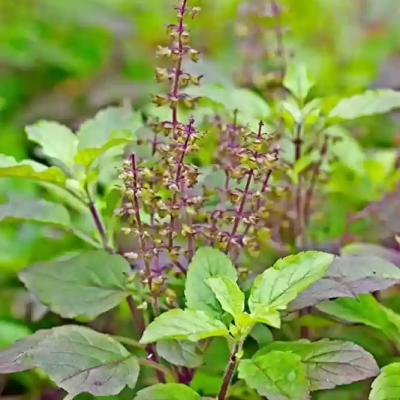
Boil Tulsi leaves in water and drink as a tea for its antibacterial and antiviral properties.
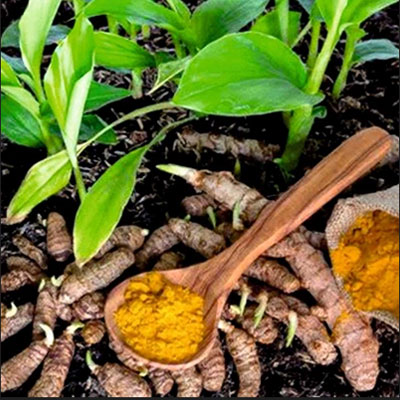
Gargle with warm water mixed with turmeric and salt for its anti-inflammatory effects.
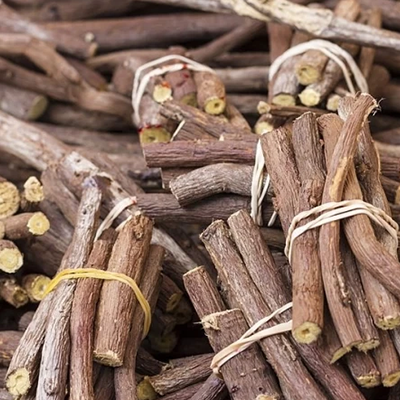
Soothes the throat and reduces inflammation. Chew a piece or drink licorice tea.
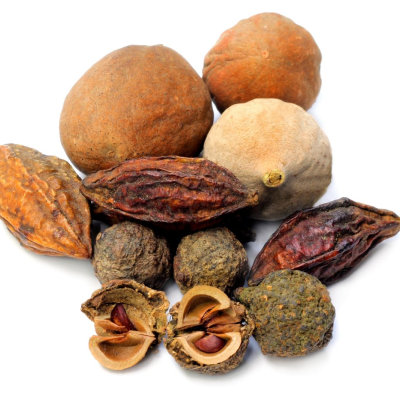
Gargling with Triphala decoction detoxifies the throat and reduces swelling.
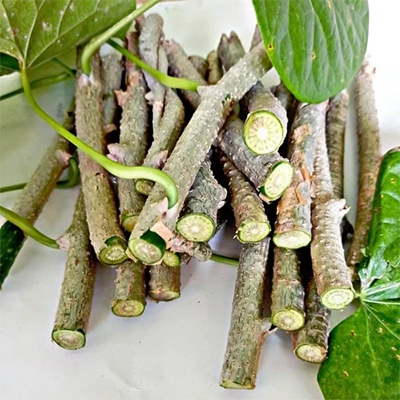
Boosts immunity and reduces inflammation.

Used as a gargle or in lozenge form to soothe the throat.
If tonsillitis is chronic or recurrent and significantly impacts quality of life, surgery (tonsillectomy) may be required. Ayurveda can help in post-operative recovery.
By addressing root causes, balancing Doshas, and adopting holistic therapies, Ayurveda provides an effective and sustainable approach to managing tonsillitis and preventing recurrences. Always consult an Ayurvedic practitioner for personalized treatment.
